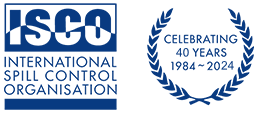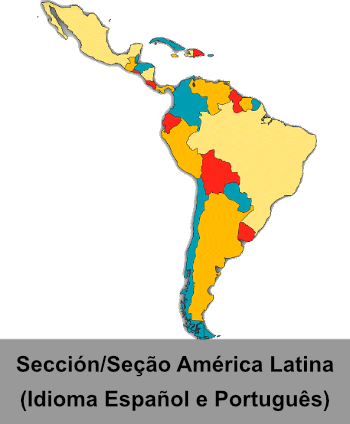Park M.-H., Lee W.-J. (2024) Journal of Cleaner Production, 436, art. no. 140630, DOI: 10.1016/j.jclepro.2024.140630
ABSTRACT: Oil spills have a large after-effect on maritime environment. Oil spills occur worldwide, and their accident histories provide a rich data. In this study, oil spill data collected over six years from Korea Coast Guard (KCG) formed the basis for statistical analysis, using the Bayesian Network (BN) model. In the analysis, map-based ship distribution and accident scale were analyzed, along with the time of accident occurrence, region, oil and ship types, accident causes, and accident sources. The BN model for predicting whether the oil spill amount was low or high was constructed using the K2 and counting learning algorithms, with an accuracy of 71.43% and an area under the curve (AUC) of 75.85%. Five analyses based on the BN model were performed, and the probability distribution, effect of other nodes on a specific target node, the condition according to the amount of oil spill, effect of attribute variables on class variables, and most probable configuration for a specific class variable “Ship type” was analyzed. Finally, a policy based on the results was proposed to support in-depth decision-making by government agencies.





